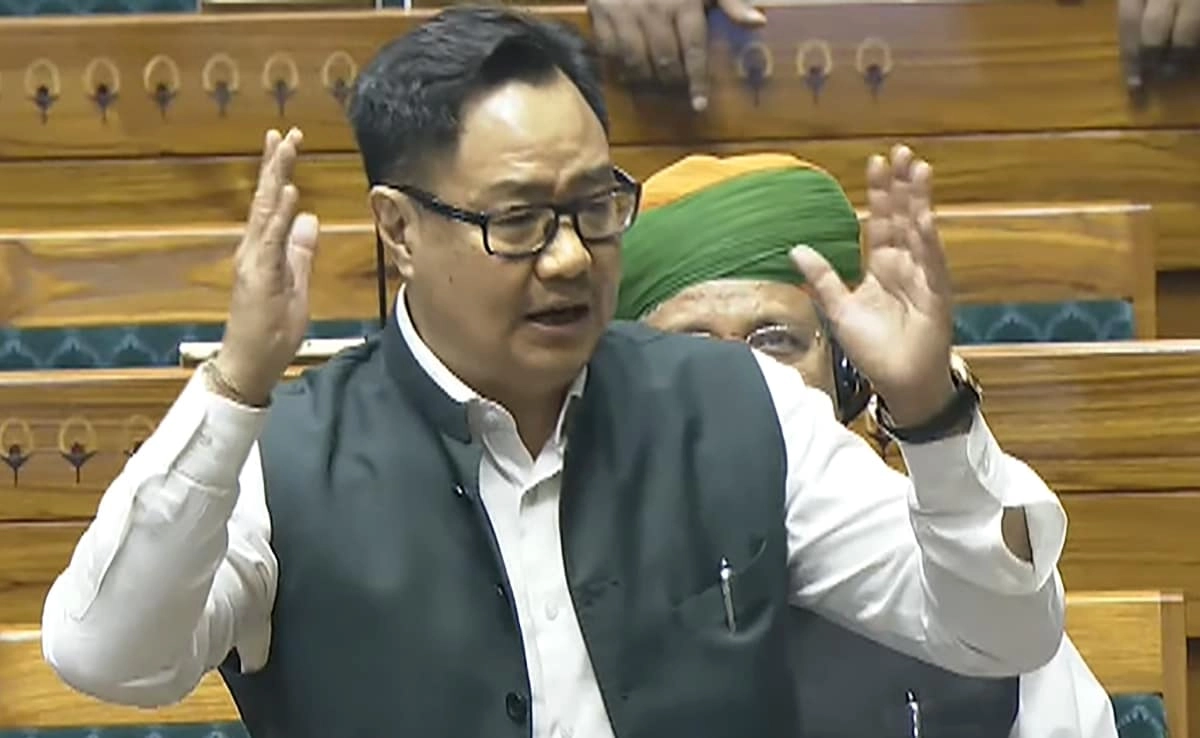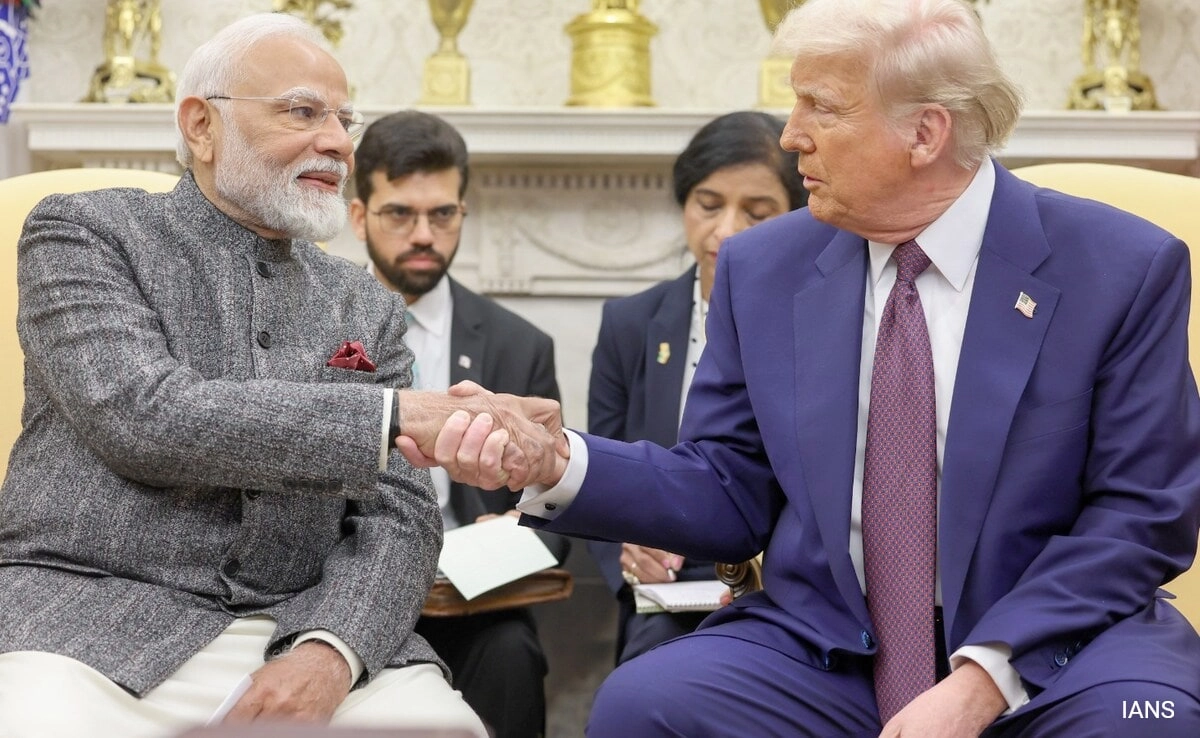Union Minister Kiren Rijiju has recently made headlines with his strong criticism of the previous United Progressive Alliance (UPA) government, alleging that Parliament was treated as a “waqf” or a property held in trust for the benefit of a religious community. This provocative statement underscores Rijiju’s belief that the UPA’s tenure was marked by a lack of respect for democratic institutions and values. By likening Parliament to a waqf, Rijiju implies that the UPA viewed this essential democratic space not as a platform for governance and public service, but rather as a personal asset to be exploited for its own ends.
Rijiju’s comments came during a public address where he reflected on the historical context of governance in India. He argued that the UPA’s approach to governance was detrimental to the very fabric of democracy, suggesting that it prioritized political gain over the welfare of the nation. This perspective is part of a broader narrative that the current government is pushing to redefine how political accountability and responsibility are perceived in India. By invoking such a metaphor, Rijiju aims to highlight what he sees as a stark contrast between the UPA’s governance style and that of the present administration.
Moreover, this statement resonates with a growing sentiment among the ruling party’s supporters who believe that the earlier government failed to uphold the integrity of key institutions. Rijiju’s remarks serve not only as a critique but also as a rallying call for renewed commitment to democratic principles. In this context, he is urging citizens to recognize the importance of safeguarding Parliament as a sacred space for debate, discussion, and decision-making, rather than allowing it to be treated as a mere tool for political maneuvering.
In the larger political discourse, Rijiju’s statements reflect ongoing tensions between the current government and its predecessor. As India continues to navigate complex political landscapes, such assertions play a crucial role in shaping public perception. They emphasize the need for accountability and transparency in governance, which has become a focal point in contemporary political discussions. Ultimately, Rijiju’s bold declaration serves as a reminder of the critical importance of preserving the sanctity of Parliament as a pillar of democracy in India.




